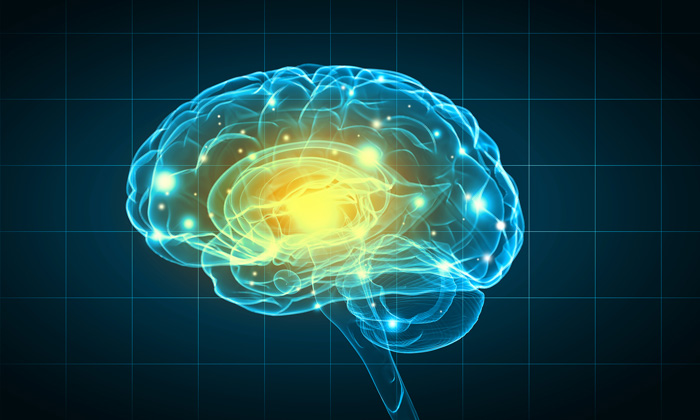At one time, addiction was thought of as something that happened to people of low morals or who lacked character.
If only they had enough willpower, according to popular thinking of the time, addicts and alcoholics would be able “just stop.”
ASAM Definition of Addiction
Today, the thinking about addiction has completely changed. The American Society of Addiction Medicine (ASAM) defines addiction as “a primary, chronic disease of brain reward, motivation, memory and related circuitry. Dysfunction in these circuits leads to characteristic biological, psychological, social and spiritual manifestations. This is reflected in an individual pathologically pursuing reward and/or relief by substance use and other behaviors.
Addiction is characterized by inability to consistently abstain, impairment in behavioral control, craving, diminished recognition of significant problems with one’s behaviors and interpersonal relationships, and a dysfunctional emotional response. Like other chronic diseases, addiction often involves cycles of relapse and remission. Without treatment or engagement in recovery activities, addiction is progressive and can result in disability or premature death.”
Addiction is a Chronic Disease
ASAM and other leading sources of information about addiction define it as a chronic disease. These are diseases which persist over a long time and can be treated but not cured. By this definition, addiction is in a similar category to diseases such as diabetes, asthma, arthritis, Crohn’s disease and kidney disease.
- Disease of Brain Reward, Motivation, Memory and Related Circuitry
As a person uses addictive substances, they stimulate the pleasure receptacles in their brain. This is the same sensation that is experienced during pleasurable activities, such as seeing a pleasant image, eating an enjoyable meal or treat, falling in love, watching a movie, exercising or having sex.
With regular exposure to drugs or alcohol, the brain chemistry changes. Its capacity to release “feel good” chemicals in response to sources of stimulation other than alcohol or drugs becomes impaired. In order to feel good, the person needs to continue using their drug of choice. Continued drug or alcohol use interferes with motivation, since much of the affected person’s schedule is taken up in the pursuit of supporting their substance use. Memory can also become impaired over time with repeated drug use.
- Brain Circuit Dysfunction
In order for the circumstances described above to occur, the drug or alcohol user’s brain circuits must not be functioning normally. This brain circuit dysfunction leads to a lack of clear thinking on the part of the person who, by now, has a well-established pattern of abusing chemicals.
- Pathological Pursuit of Reward by Substance Use
One of the signs that a loved one has crossed the line from being an occasional drug user or a person who can enjoy social drinking to someone who has a drug or alcohol problem is when they start putting their need for the drug first. When a loved one begins to beg off from spending time with friends and family to use their drug of choice, it’s an indication that drug use has become a big part of their life.
- Inability to Abstain from Drug of Choice/Impairment of Behavioral Control/Cravings
Addicts experience cravings if they don’t continue to use regularly. They may also go into withdrawal if they don’t continue to “feed” their addiction. At that point, the person is not necessarily using because they are enjoying the experience they are getting from the drug; they are continuing to use because they want to feel something close to “normal.”
Once an addiction has taken hold, no amount of willpower will be strong enough on its own to resist the cravings and drive to use. Addicts need professional treatment to get to the root of their addiction and develop skills to cope with triggers for their cravings.
- Problems in Personal Relationships and Dysfunctional Emotional Response
If someone is caught up in an addiction and putting their drug of choice first, it stands to reason that their personal relationships will suffer. These relationships include those of the immediate family (spouse/partner, children, parents, siblings, grandparents), as well as friends, coworkers and supervisors.
- Cycles of Relapse and Remission
One of the common characteristics of a chronic disease is that it tends to go through cycles of relapse and remission. A patient living with arthritis or Crohn’s disease, for example, will not always experience acute symptoms. There will be periods of remission when the symptoms are well controlled.
At other times, chronic illness patients will have a relapse, when symptoms are not being controlled well. During these times, they will likely need to seek more intensive treatment to stabilize their condition.
An addict who has a relapse would need to consider returning to treatment, either on an inpatient or an intensive outpatient (IOP) basis to evaluate the reasons for the relapse with a counselor. The treatment program would also include reviewing relapse prevention techniques and any triggers that had a role in the relapse.
(314) 464-0222. We’re here to help.










